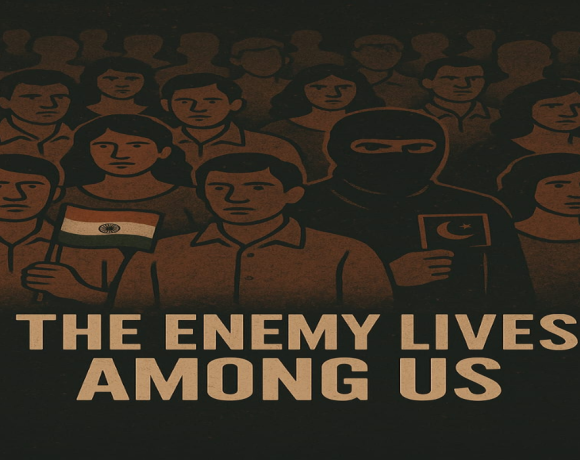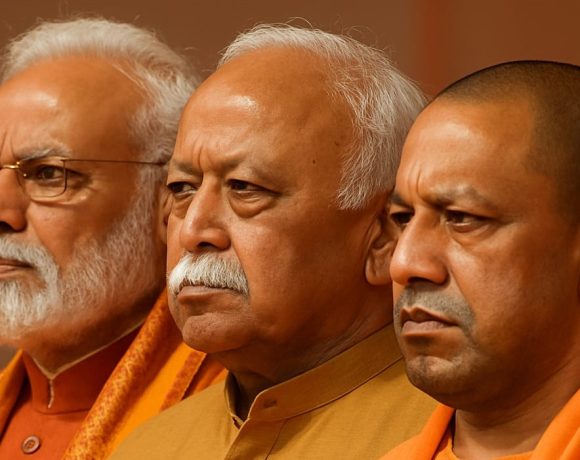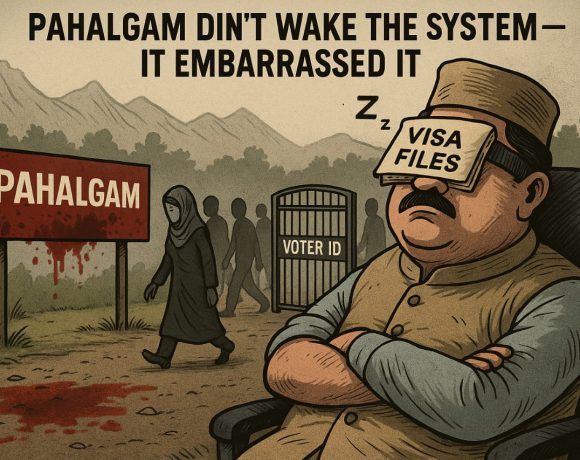
How the Law Let Her Accuse—and Then Let Her Walk: The Shivangi Goel Story
When Shivangi Goel cleared the UPSC exams in 2022 and joined the Indian Police Service, she was celebrated as a symbol of resilience. Her story—of battling domestic violence, raising a daughter as a single mother, and overcoming adversity to enter the civil services—was widely reported with admiration. But three years later, that story has taken a deeply controversial turn.
On July 22, 2025, the Supreme Court of India quashed all criminal and civil cases filed by Goel against her estranged husband Sahib Bansal and his family. More significantly, it ordered Goel and her parents to issue a public apology—in two leading national newspapers and across her social media profiles. The apology, while not legally framed as an admission of guilt, serves as a public acknowledgment of the trauma inflicted on Bansal’s family due to a prolonged and bitter legal battle.
Goel married Sahib Bansal in 2015, and the couple had a daughter the following year. Their relationship broke down in 2018. What followed was a barrage of legal complaints—at least fifteen cases including sections for domestic violence, cruelty, dowry harassment, attempt to murder, rape, and unnatural sexual offences. These accusations led to Bansal spending 109 days in jail and his father 103 days. For a middle-class family with no criminal background, the social and psychological toll was immense.
In 2022, Goel emerged as a UPSC success story, and her personal narrative was central to her media coverage. Speaking openly about the alleged abuse, she was hailed as a feminist icon—a woman who fought the patriarchy and still made it to the nation’s most prestigious civil service. However, as legal proceedings dragged on, cracks began to appear in the narrative.
The Supreme Court, invoking Article 142, decided to bring an end to the acrimony. It dissolved the marriage, quashed all ongoing litigations, and orchestrated a settlement package. As per the judgment, Goel’s mother must transfer 1.417 hectares of agricultural land to Bansal as a gift deed. This transfer was not labeled compensation, but it clearly functioned as one—an unspoken acknowledgment of the injustice and reputational harm suffered.
Custody of the minor daughter will remain with Goel, while Bansal and his family will get visitation rights, including half of the child’s vacation time. Financially, Goel waived all future claims to maintenance, and the earlier court order of Rs. 1.5 lakh monthly support was nullified. In return, Bansal gave up any future litigation and settled all property and marital disputes.
The case underscores a growing concern in India’s judicial discourse: the misuse of protective laws. Section 498A of the IPC was designed to shield women from cruelty and dowry harassment. But in recent years, the judiciary has acknowledged its weaponization in matrimonial disputes. The Supreme Court, in this case, made it clear that while it would not criminally prosecute Goel for filing these cases, the emotional and social damage caused needed to be acknowledged.
The apology order has sparked debate. For some, it’s a slap on the wrist—too mild a response to years of incarceration and public humiliation. For others, it’s a rare instance of the system admitting its flaws and attempting course correction. Either way, the message is stark: while the law must protect the vulnerable, it cannot become a tool for vengeance.
As for Shivangi Goel, she remains an IPS officer, and the court has clarified that this order should not prejudice her service or legal standing. But public memory is not as neutral. In a country where reputations are built and destroyed in headlines and hashtags, this story will remain a case study of how the law, when misused, can devastate lives—and how even justice, when delayed or distorted, often arrives not as remedy but as reckoning.


















